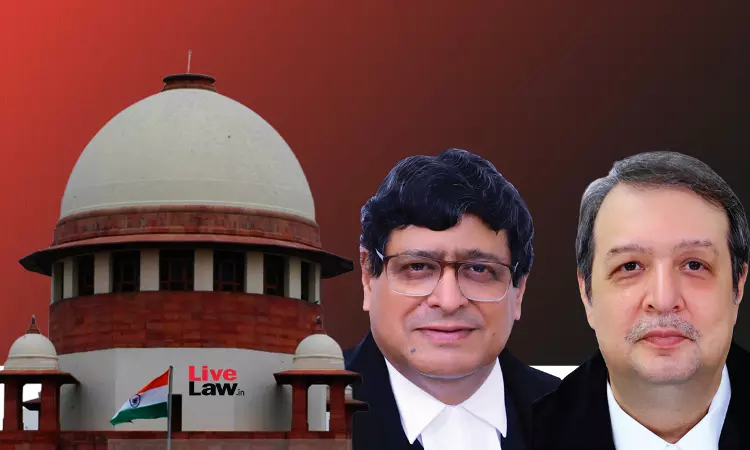For Res Judicata To Apply, Previous Suit Should Have Been Decided On Merits : Supreme Court Explains Principles
Udit Singh
4 April 2023 12:23 PM IST

Next Story
4 April 2023 12:23 PM IST
In a notable judgment explaining the principles of res judiciata, the Supreme Court has held that an order closing the proceedings in a case cannot be construed as a final decision on merits so as to bar a subsequent suit.Accordingly, the Court set aside a judgment and decree of the Delhi High Court which rejected the plaint of an Eviction Petition for being in violation of the principles of...
